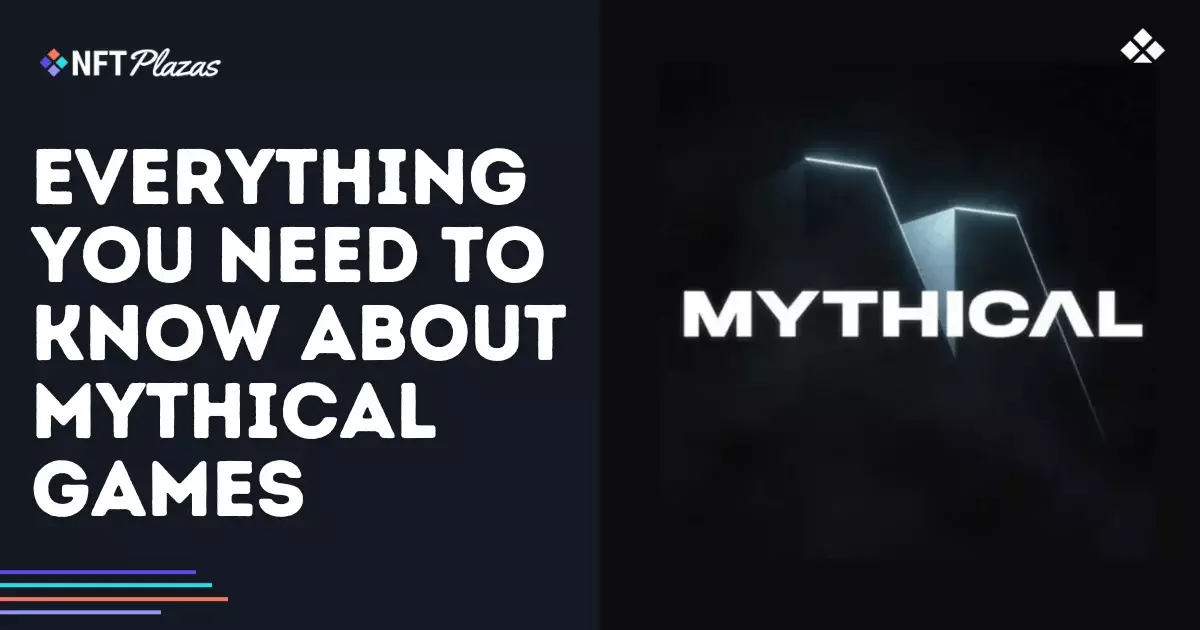In the wake of the 2018 cryptocurrency boom, Mythical Games emerged as a bold experiment in integrating blockchain technology with mainstream gaming. Spearheaded by industry veterans with backgrounds in AAA titles like Call of Duty and Skylanders, the company envisioned a future where players would truly own their digital assets—a revolutionary idea that promised to reshape the gaming economy. Their early fundraising success, culminating in a valuation over $1 billion, demonstrated a high level of investor confidence. Yet beneath the surface, this optimism masked fundamental flaws rooted in overhyped expectations and technological naiveté. The notion that blockchain could seamlessly intersect with entertainment, creating an interconnected economy of NFTs, was alluring but ultimately premature. Mythical’s early narrative capitalized on this excitement, promising a decentralized utopia but often delivering complexity that alienated ordinary gamers.
The Mirage of Accessibility and the Reality of Complexity
One of Mythical’s core innovations was its Mythical Platform, designed to abstract away the messy details of blockchain technology. The idea was elegant: players could sign up with just an email, and blockchain transactions would happen seamlessly behind the scenes. While this lowered the barrier to entry compared to traditional crypto platforms, it did little to address the core issue—mass adoption requires genuine ease of use and clear value propositions, not just technological masking. The truth is that blockchain remains inherently complex and opaque to most users, and Mythical’s efforts at simplification were often just superficial. These efforts failed to dispel users’ skepticism about ownership and security, leaving many to question whether these “owned” assets genuinely held value or were just digital collectibles with inflated prices and dubious longevity.
Overambitious Expansion and the Specter of Overreach
Mythical’s strategic push into branded partnerships—NFL Rivals, FIFA Rivals, collaborations with Burberry and Deadmau5—was meant to legitimize web3 gaming by tying it to familiar and trusted brands. This move was smart in leveraging existing fanbases, but it also revealed the company’s overreach. Trying to marry traditional sports, fashion, and entertainment with blockchain seemed inventive but often lacked a coherent integration. The games’ core gameplay struggled to transcend the naivety of NFT hype, remaining tethered to the superficial allure of digital collectibles rather than substantive gameplay innovations. This approach risked diluting the brand’s credibility, turning what could have been pioneering efforts into mere gimmicks that failed to deliver long-term engagement, as evidenced by the eventual shutdown of the PC version of Blankos and the pivot to mobile.
Volatility and Internal Turmoil Undermine Long-Term Potential
Mythical’s rapid growth was punctuated by high-profile funding rounds, yet accompanying this success was internal strife that exposed the fragility of their ambitions. The departure of key executives like Rudy Koch and subsequent legal disputes signaled underlying tensions. These issues, combined with the broader crypto downturn of late 2022 and 2023, forced Mythical to shift from an aggressive growth phase to a more cautious, survival-oriented strategy. The layoffs and shutdowns underscored an uncomfortable truth: web3’s promise remains unfulfilled, and the technology’s volatility threatens to derail even the most promising projects. Mythical’s pivot to mobile gaming highlighted both adaptability and the harsh reality that blockchain’s revolutionary potential has yet to materialize in a sustainable or meaningful way within gaming.
The Disillusionment of Web3’s Potential
What Mythical exemplifies is the fragility of the current blockchain gaming landscape. Their lofty claims of digital ownership, democratized governance through tokens, and seamless integration often clash with the reality of technical barriers, regulatory uncertainties, and a market exhausted by inflated expectations. Despite partnerships with giants like the NFL and FIFA, actual gameplay remains shallow and driven more by the allure of NFTs than by innovative mechanics. The company’s successful launches, such as NFL Rivals with over 5 million players, cloak a deeper truth: that mass appeal in gaming requires compelling content and gameplay that doesn’t rely solely on blockchain’s novelty. True mainstream acceptance demands that blockchain become invisible—embedded seamlessly into gaming experience—not a visible gimmick that distracts or frustrates players. Mythical’s journey underscores how difficult this balancing act truly is, and why many other projects are faltering under similar pressures.
The Road Ahead: Innovation or Illusion?
While Mythical’s strides have undeniably pushed blockchain into the gaming conversation, the question remains: is this just another bubble waiting to burst? Their efforts, including tech migrations like moving from Ethereum to Polkadot, suggest a desire for scalability and efficiency. Yet, game design and user engagement continue to lag behind the technological aspirations. For web3 gaming to move beyond niche markets, it must resolve fundamental issues—mainly, making digital assets genuinely meaningful and gameplay compelling enough to sustain interest. Until then, Mythical and others like it will remain caught in a cycle of overpromising and underdelivering, a testament to how hype can obscure the real challenges of transforming gaming through blockchain. Their story is one of ambition clashing with reality—an ongoing struggle that questions whether the idealized vision of a decentralized gaming future is nothing more than an illusion sold to investors and speculators alike.














